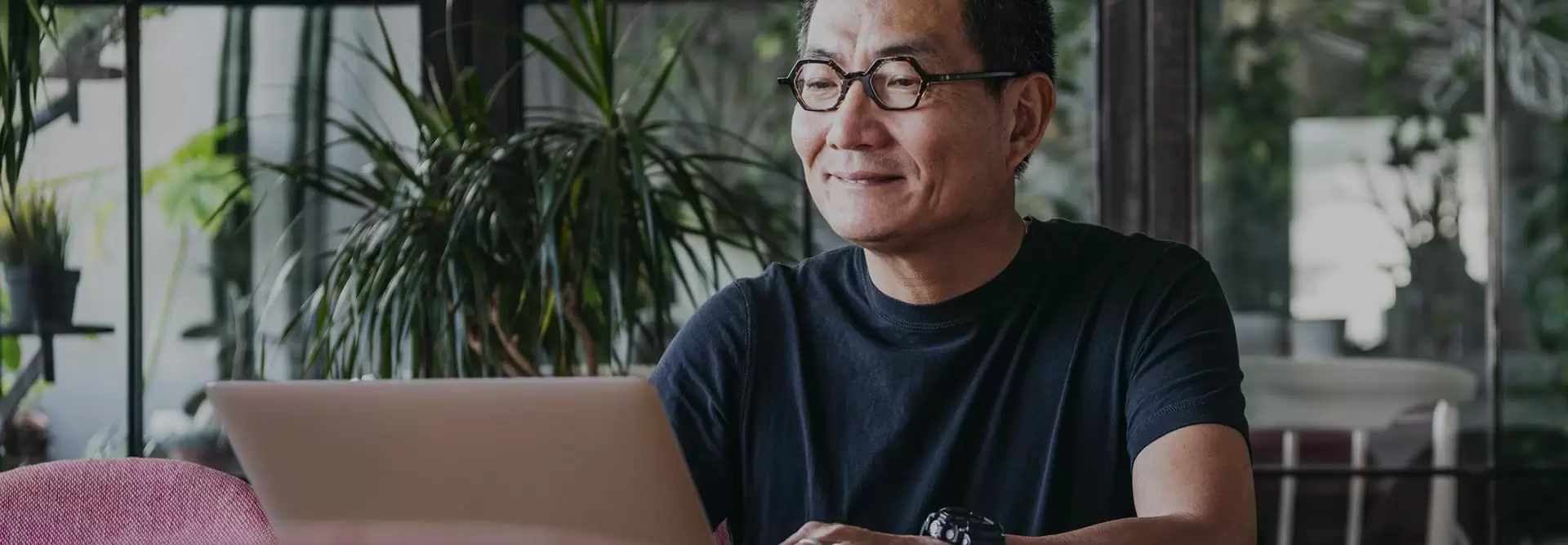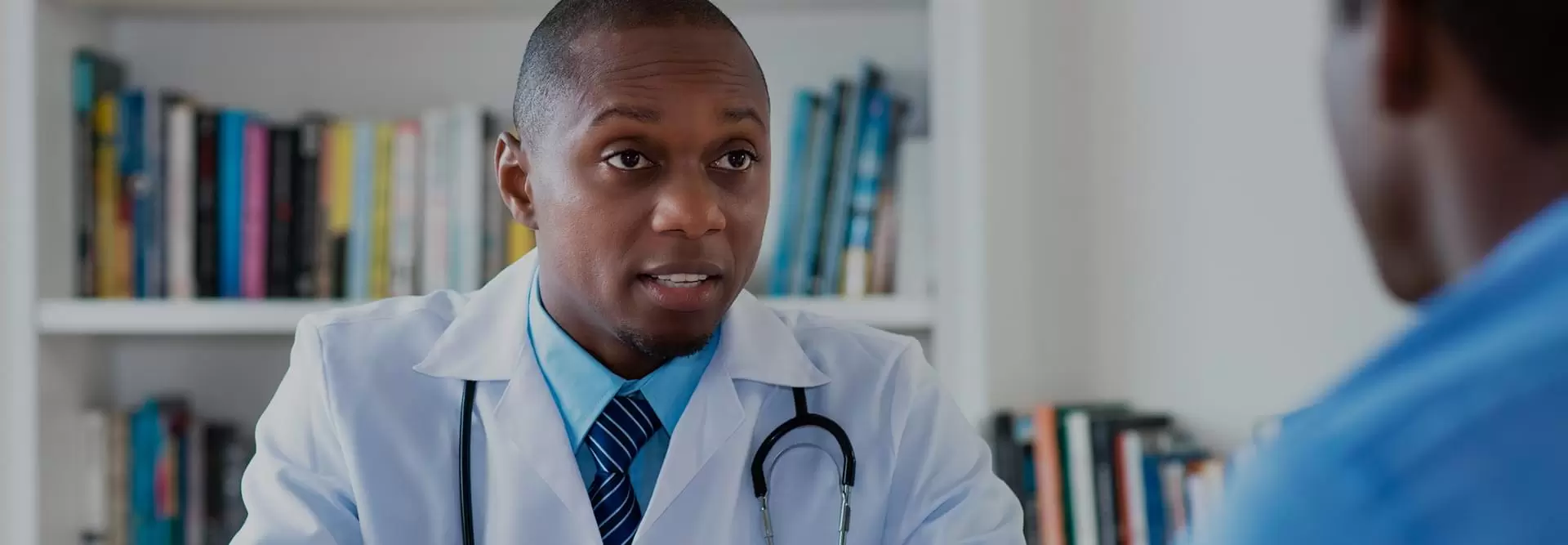Tips for SCLC Caregivers
Like many other diseases, SCLC does not just impact the patient. In many scenarios, there are partners, siblings, children and/or friends who may take on the role of caregiver. Caregiver responsibilities can vary greatly from person to person, but some common ones include helping with decision-making, coordinating medical care and managing finances, providing emotional support and conducting research on behalf of your loved one.1 It’s important to remember that you do not need to navigate the caregiving experience alone. Creating a plan that includes taking good care of yourself, setting limits, and taking time to check in with family and friends are all great steps to take to keep your energy up.
How can I help manage my loved one’s treatment and care?
If your loved one is undergoing treatment, they may need help traveling to appointments, taking their medications or managing the side effects of cancer or its treatment. Here are a few ways you can help if you are able:2
- Help your loved one prepare for medical appointments. This type of support can take many forms. Depending on your personal health and schedule, you may decide to travel with your loved one to their appointment. You could also help by writing down a list of questions the two of you would like to ask. Lastly, you can assist your loved one – either in-person or over the phone – with filling out forms or taking notes during conversations with their healthcare team.
- Do some online research for your loved one. One of the best ways to support your loved one is by helping them with research. You are likely not going to get all the information you need in a doctor’s office. A good place to start is by asking the doctor or nurse which resources they’d recommend using to learn about your loved one’s diagnosis and care options. You can also create a quick list of organizations that help with medical care if your loved one may need home healthcare or financial assistance.
- Learn how to help with physical care. Depending on your loved one’s diagnosis, they may need help with physical activities such as dressing, bathing or cooking. Keep an open dialogue with your loved one about their physical abilities so they can let you know which tasks they might need help with.
For many people, the idea of caregiving is simple and natural – caring for someone you love. But that doesn’t mean it is easy. The level of support you provide is totally up to you, and it will depend on your schedule, other responsibilities and boundaries you decide to set. Before you make these choices, it may be helpful to create a list of all your daily to-dos and also speak with your loved one about what they feel would be most helpful.
If I do choose to reach out to others, how should I go about doing it?
Even with a schedule and support, caregiving can still be overwhelming, so remember to keep investing in your own physical and mental health. There are various groups that offer social and emotional support, including:
- LCFA's "The First 7 Steps", a resource that guides you through important first steps following a lung cancer diagnosis. This guide includes helpful lists and resources to assist you in creating a personalized action plan, at your own pace, for your journey with lung cancer.4
- GO2 for Lung Cancer’s Living Room Expert Speaker Series, features in-person and livestreamed conversations with lung cancer experts and fellow survivors, advocates, and caregivers impacted by the disease. These empowering hour-long conversations cover everything from early detection and treatment options to taboos and stigma.5
- LUNGevity Foundation Small Cell Gateways provides information and community for those living with small cell lung cancer including webinars, blogs, and research updates.6
- CancerCare® Support Groups, offered both in-person and online, which are led by professional oncology social workers who offer support and guidance for cancer patients, loved ones and people who have lost a loved one.7
- Cancer Experience Registry®, a unique online community that allows caregivers and patients to share their experiences, identify and discuss issues impacting their lives, take surveys and learn from one another.8
- LCFA's "Latest in SCLC Research" YouTube Playlist, featuring members of the SCLC community discussing the latest advancements in SCLC treatment and research and sharing patient stories. This playlist unpacks everything caregivers and people living with SCLC need to know about this form of lung cancer.9
- Cancer Support Community. Caregivers. https://www.cancersupportcommunity.org/living-cancer-topics/caregivers#tab1. Accessed March 28, 2025.
- CancerCare®. https://www.cancercare.org/publications/1-caregiving_for_your_loved_one_with_cancer#!introduction.
Accessed March 28, 2025. - Cancer Support Community. Frankly speaking about Caregivers. https://www.cancersupportcommunity.org/blog/support-distance-5-tips-long-distance-caregivers.
Accessed March 28, 2025. - Lung Cancer Foundation of America. First 7 steps in the face of a lung cancer diagnosis. https://lcfamerica.org/lung-cancer-info/hope-with-answers-podcast/first-7-steps/#1591378322090-f2d91413-5e20.
Accessed March 28, 2025. - GO2 Foundation for Lung Cancer. Virtual lung cancer living room. https://go2.org/resources-and-support/lung-cancer-living-room/.
Accessed March 28, 2025. - LUNGevity Foundation. Resources for caregivers. https://www.lungevity.org/for-patients-caregivers/caregiver-resource-center/additional-resources-for-caregivers.
Accessed March 28, 2025. - CancerCare®. Support groups. https://www.cancercare.org/support_groups.
Accessed March 28, 2025. - Cancer Support Community. Cancer experience registry. https://www.cancerexperienceregistry.org/.
Accessed March 28, 2025. - Lung Cancer Foundation of America. Latest in SCLC Research. https://www.youtube.com/playlist?list=PLSQ4HYg0Ji18kP2-fGHIYclPKi4krnFl1. Accessed March 28, 2025.



